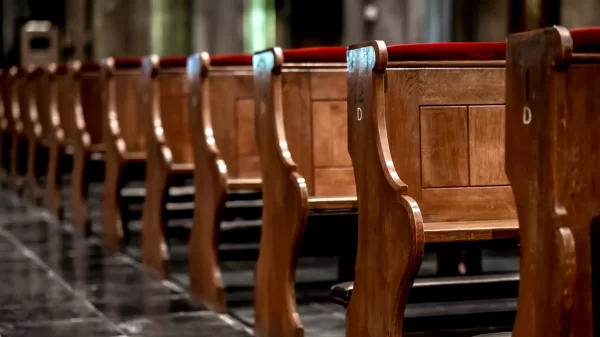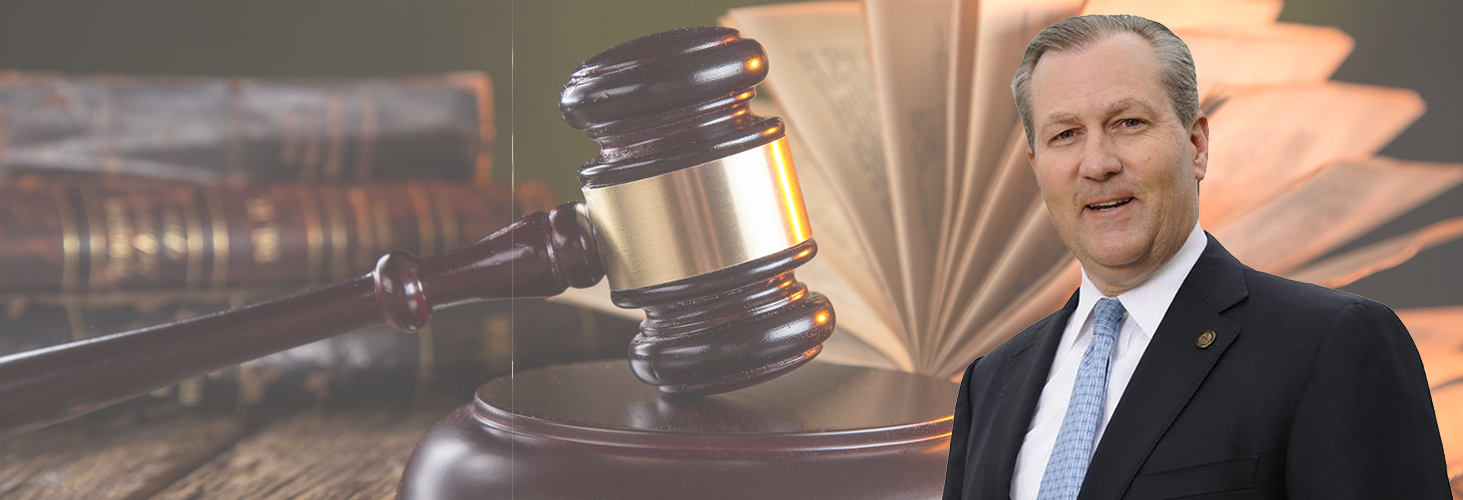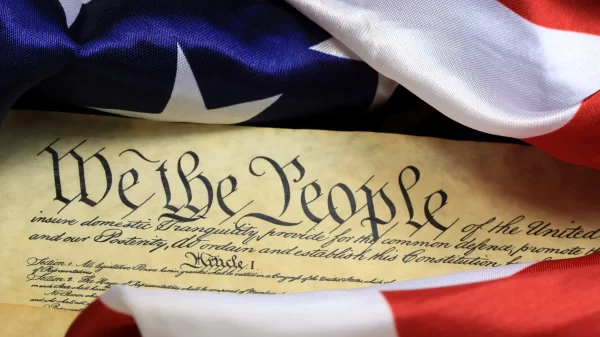By Bill Britt
Alabama Political Reporter
MONTGOMERY—Once again, Speaker Mike Hubbard’s criminal lawyers are seeking to have his case dismissed citing prosecutorial misconduct, based on an affidavit by attorney and radio talk show host Baron Coleman.
On February 2, Coleman claimed he had between 50 and 100 conversations with Matt Hart, Chief of the Special Prosecutions Unit. “These conversations were in reference to the Mike Hubbard investigation, and the Lee County Special Grand Jury,” Coleman said in his sworn statement to the court.
 Coleman was subpoenaed to testify at the first evidentiary hearing Judge Waker ordered on prosecutorial misconduct on October 26, 2015. In his motion to quash, Coleman said he had nothing to testify to and referred to his subpoena as “nothing more than an impermissible, improper fishing expedition.”
Coleman was subpoenaed to testify at the first evidentiary hearing Judge Waker ordered on prosecutorial misconduct on October 26, 2015. In his motion to quash, Coleman said he had nothing to testify to and referred to his subpoena as “nothing more than an impermissible, improper fishing expedition.”
In his motion, Coleman stated to the court, “…the Defendant has no basis to know what testimony Coleman could provide. Thus, the Defendants’ subpoena is nothing more than an impermissible and improper fishing expedition designed to get around the rules of discovery in his criminal trial.”
Hubbard’s attorneys link Coleman with the chain of allegations made by disgraced former Deputy Attorney General Henry T. “Sonny” Reagan, and former Special Agent Howard “Gene” Sisson, who accused Hart of various misdeeds.
Both men left the Attorney General’s employ after it was discovered they were trying to undermine the Grand Jury investigating Hubbard.
In his affidavit marked Exhibit A, Coleman claims that during the 2014 primary campaign, he used information provided to him by Hart to try and defeat Hubbard. Coleman helped manage the campaign of Hubbard’s Republican challenger, Sandy Toomer.
Coleman states that he and others engaged in a “whisper campaign” in order to discredit Hubbard. Part of the campaign strategy, according to Coleman, was to target, “individuals in the community that were well known and knowing they would repeat what we told them… they would have been told critical information from the investigation of Mike Hubbard, in an effort to prejudice those individuals against Mike Hubbard.”
He said this information included the identities of people testifying in front of the Grand Jury, and that the information came from Hart.
For over two years, Coleman has been a fierce critic of Hubbard in his writings, on radio, and TV, and a staunch defender of Hart, and the prosecution. Coleman’s perceived turnabout has sent tongues wagging around, not only the State House, but around the entire State.
In his affidavit, he alleges Hart threatened to bring him before a grand jury after it was rumored he had passed along information he claims he received from Hart, to his former law partner, then Rep. Joe Hubbard (D-Montgomery). He claims he came forward, in part, because he was “recently contacted by law enforcement, and met with them in reference to how and why I received grand jury information from the Lee County Special Grand Jury, and with regard to the conduct of Matt Hart in the Hubbard case.”
Coleman’s statements have been welcomed by the Hubbard camp, while he has been roundly denounced by others.
Rep. Jack Williams, a devoted Hubbard acolyte, took to Facebook to trumpet, ”Explosive news out of Lee County today. Hubbard nemesis Barron Coleman, the campaign manager of Hubbard’s 2014 primary opponent states in a sworn affidavit presented to the court that state prosecutor Matt Hart leaked secret grand jury testimony and names of witnesses in an effort to defeat Hubbard politically and/or prejudice a jury. The defenses has accused Hart of a felony violation of state law and ask for the right to depose him and other witnesses regarding the leaks. Coleman makes strong statements indicating witness intimidation by the prosecution.”
Williams, like others who don’t understand or have ignored Judge Jacob Walker’s instructions on prosecutorial misconduct, fail to realize the high bar he set for prosecutorial misconduct, the US Supreme Court set in Bank of Nova Scotia v. United States.
The standard in Nova Scotia is, did the prosecution’s misconduct or irregularities substantially influence the grand jury’s decision to indict? Judge Walker has made it clear that prosecutorial misconduct would only be considered in light of Bank of Nova Scotia v. United States. The case synopsis reads:
“Petitioners bank and employees were indicted by a grand jury for conspiracy and fraud. The district court, invoking its supervisory powers, dismissed the indictments for prosecutorial misconduct in violation of Fed. R. Crim. P. 6. and U.S. Constitutional Amendment V and VI. Respondent government appealed and the United States Court of Appeals for the Tenth Circuit reversed the district court’s order. The bank and employees appealed.”
The US Supreme Court ,“found that any misconduct or irregularities did not substantially influence the grand jury’s decision to indict and several of the government’s acts were actually undertaken following the indictments, thereby having no effect on the grand jury.”
“Other acts, while technically in violation of Fed. R. Crim. P. 6, were harmless.”
According to the defense, Coleman’s affidavit, “positively and directly refutes the prosecutors’ denials and demonstrates that not only has prosecutor Matt Hart engaged in gross misconduct, but also that Mr. Hart has perpetrated a deliberate and blatant fraud upon this Court.”
Prosecutorial misconduct is the last of the big motions still before the court.
Late Wednesday afternoon, Judge Walker order an evidentiary hearing on prosecutorial misconduct for Wednesday, February 10 at 9:00 a.m.
Editor’s note: Baron Coleman has been a contributor to this publication and has appeared as a panelist on The Voice of Alabama Politics, which I host.























































